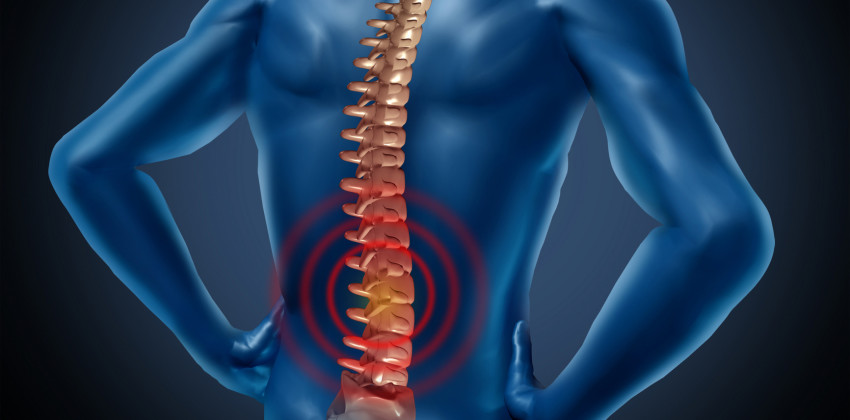Pain Management Atlanta & Concierge Medicine: What Is It? Is It Right For You?

Concierge medicine is becoming more and more popular these days. Also called “Direct Medicine”, it’s not really a new phenomenon…. it’s just becoming more accessible to the masses instead of the elite only…
Chronic Back Pain: 6 Uncommon Causes

Dealing with Chronic Back Pain? While your pain management doctor will help you cope with chronic pain, a little prevention can go a long way… But first… you need to know some surprising causes of back pain that you can potentially eliminate for good. If you’ve ever had a bout of back pain, you’re not […]
